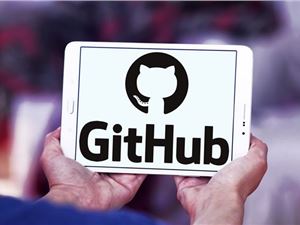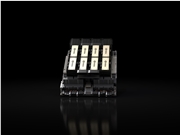NVIDIA CEO Jensen Huang delivered a speech at an event in Washington on Tuesday, firmly refuting concerns about a bubble in the artificial intelligence market and optimistically forecasting that the company's latest generation chips Blackwell and the updated Rubin chips are expected to generate up to $50 billion in revenue in the coming quarters. He stated that these two chips are driving NVIDIA into an unprecedented period of sales growth.

This was NVIDIA's first GTC conference held in the U.S. capital. Huang told thousands of attendees at a convention center near the White House, "We have reached a virtuous cycle, this is a turning point... it's amazing." He believes that current AI model performance is strong enough for customers to pay for, providing sufficient justification for massive investments in computing infrastructure. His remarks effectively eased concerns about an AI investment bubble, and NVIDIA's stock rose more than 4% on Tuesday.
Huang revealed that he expects the shipment volume of the latest generation Blackwell and Rubin chips to reach 20 million units. In comparison, the total shipment of the previous generation Hopper chip throughout its lifecycle was only 4 million units, representing a fivefold increase in the expected shipment volume of the new generation chips.
One of the focuses of the Washington event was NVIDIA's expanding industry partnerships aimed at broadening its customer base, which heavily relies on a few major data center giants such as Microsoft, Amazon, and Google. NVIDIA announced collaborations with companies such as Uber, Palantir Technologies Inc., CrowdStrike Holdings Inc., to integrate AI technology into various products. Additionally, the company released a new system that connects quantum computers with AI chips.
Although NVIDIA remains dominant in the AI accelerator market, competition from companies such as AMD, Broadcom, and OpenAI, which are seeking to develop their own chips, is increasing. Mobile chip manufacturer Qualcomm recently also announced its entry into the AI accelerator market, directly challenging NVIDIA.









